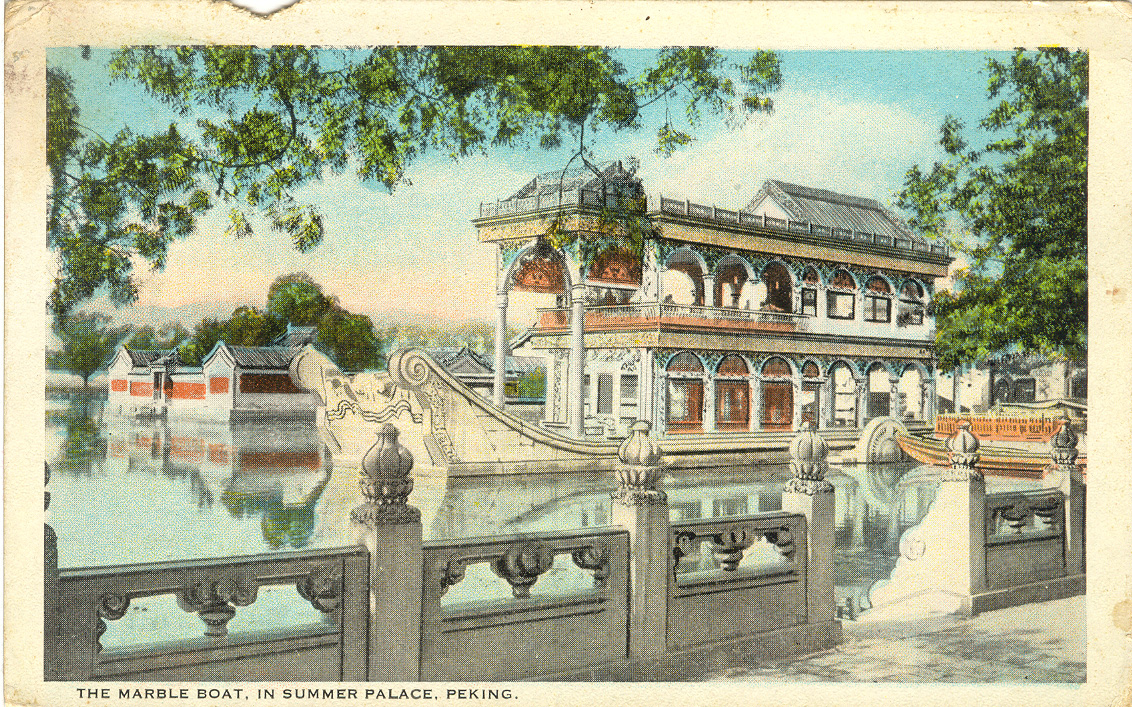December 16, 2025
Year: 2021
-
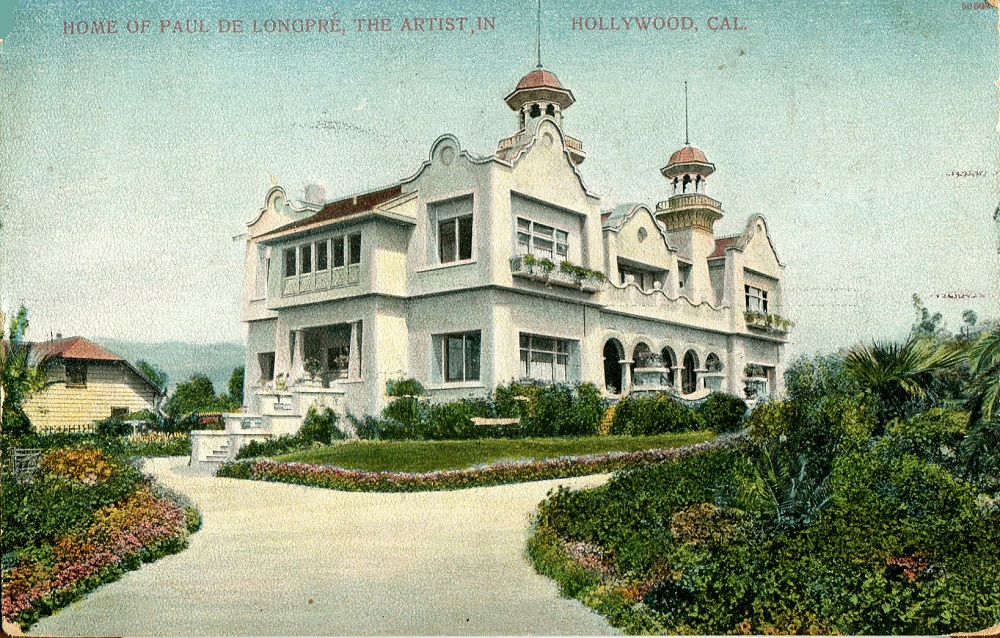
Luxury American Homes
1 Comment
The concept of “a man’s house is his castle” first appeared in English common law in the 17th century. The sense of a safe home has been fundamental to civilization. “Luxury American Homes” shows men’s castles in three different places in America.
-

Windmills
4 Comments
Who is your favorite anemologist? You don’t have one? What a shame. Anemology is the study of wind. Postcard History welcomes guest contributor Alan Upton who shares his love of wind and postcards from his collection.
-
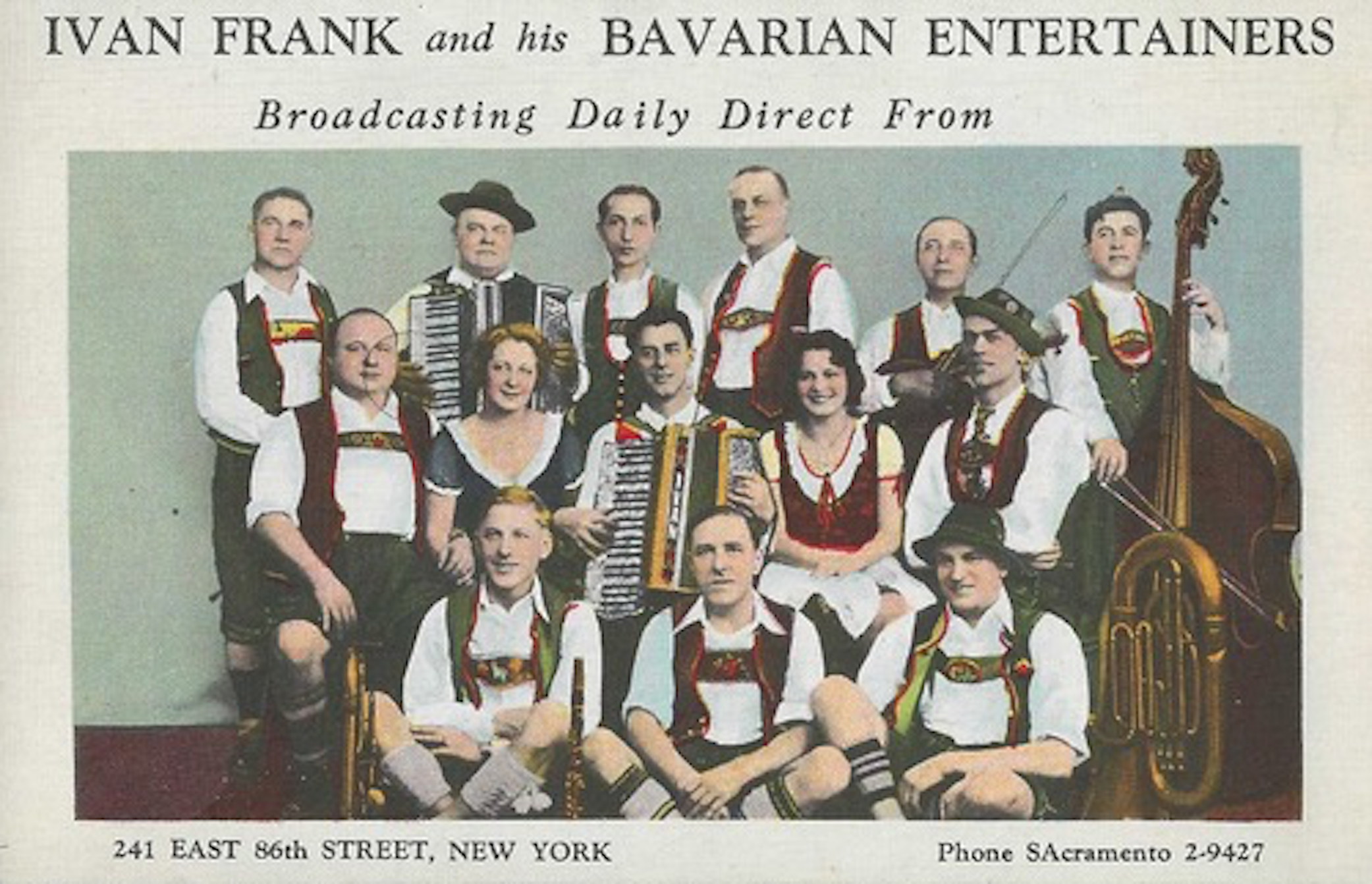
Yorkville, a Night in the Old Country
16 Comments
Yorkville, known today as the “Upper East Side” of New York City stretches from the East River to Third Avenue. From time-to-time every American neighborhood experiences growing-pains. History changes everything – even the way the “old-neighborhood” is remembered.
-

The Church in the Wildwood
2 Comments
There is an 1857 song about a little brown church which became part of the American experience. It helped a young song-writer remember part of his youthful years, it helped pay for a medical school education, and it remains one of Christianity’s most performed hymns.
-
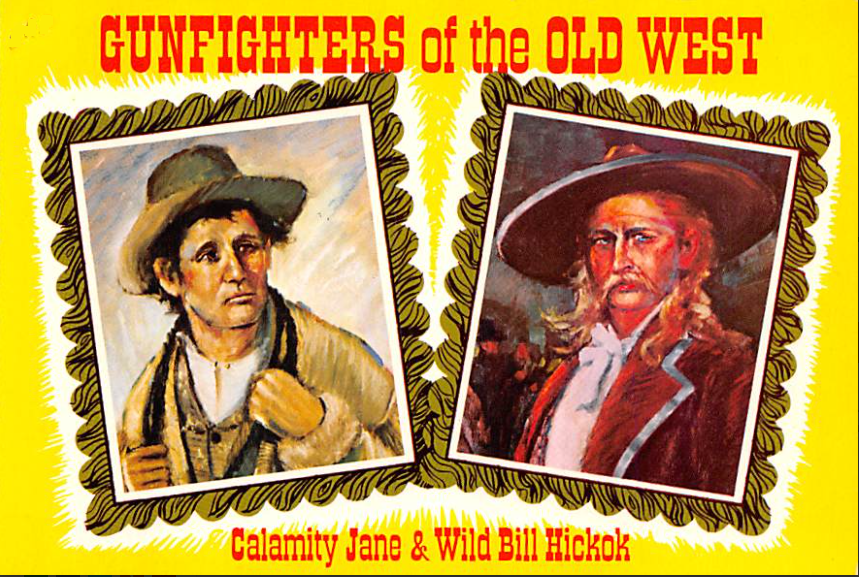
Portraits of Old West Gunfighters by Lea McCarty
13 Comments
The “Wild West” caught the attention of the public in the late 19th-century, when in truth, it was no longer really wild. The cattle drives were over, the gunfighters had left the streets, and the industrial revolution was set on “full-steam-ahead.” Postcards by Lea McCarty help us remember the forgotten faces.
-

Robert E. Lee, a Gallery of an aging man
6 Comments
Robert E. Lee may not be everyone’s historical hero, but only a few could argue that his role in the history of the American Civil War was a minor one. As the commander of the Confederate army, Lee was an individual who commanded considerable attention. Postcards show us how he changed throughout the years.
-
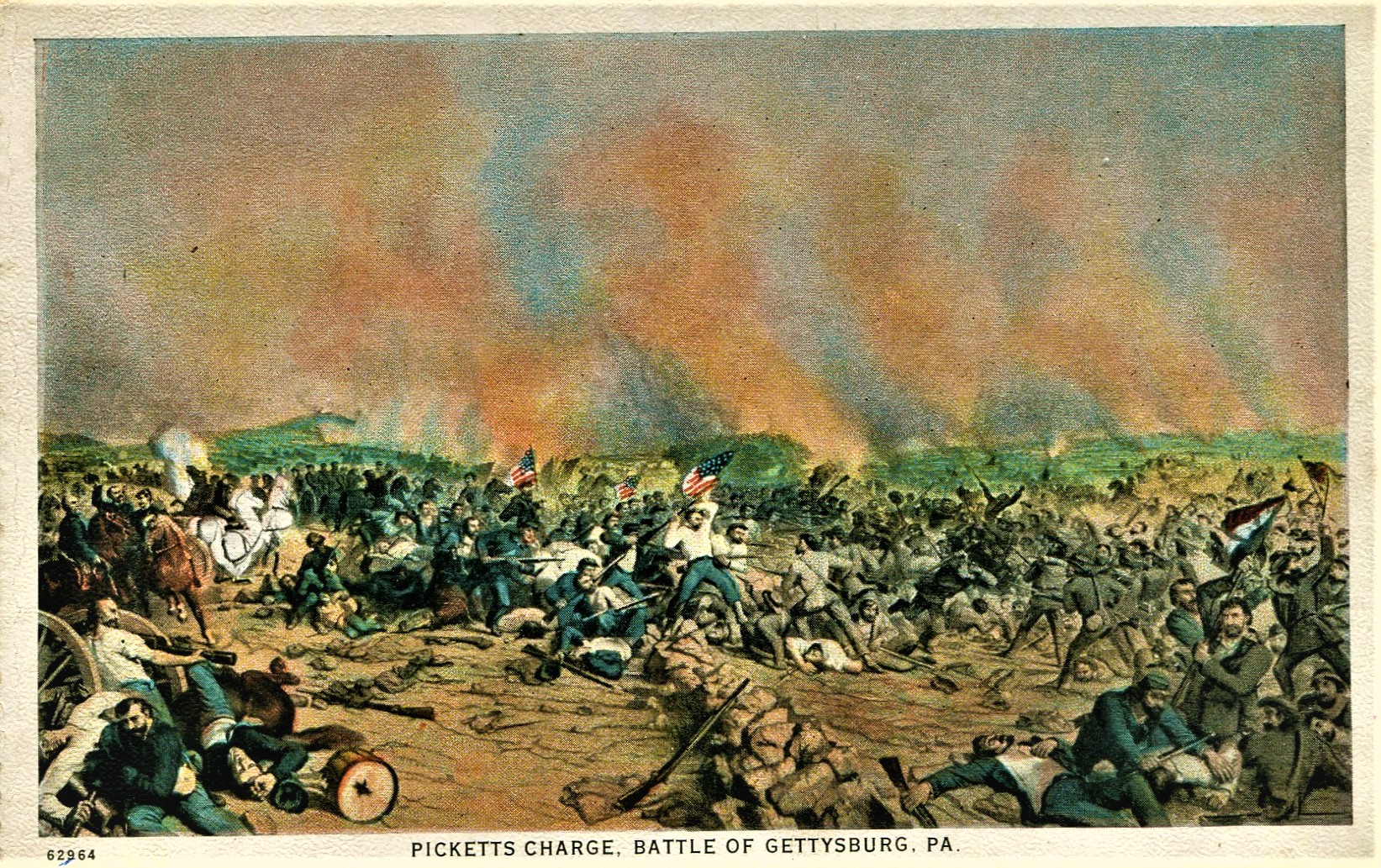
Fort Pickett
2 Comments
An uncertain spokesman once said to George Pickett that the “Old Man” (Robert E. Lee) gave him immortality. That rather dubious “gift” came by way of having his name associated with a battlefield calamity at Gettysburg that came to be known as Pickett’s Charge.
-

Catching up with Postcard History PART ONE
4 Comments
Postcard History Online Magazine celebrates two years of publication this week. Part One of Catching Up With Postcard History examines three new finds that remind us of articles that deserve an encore presentation.
-

Catching up with Postcard History PART TWO
1 Comment
Postcard History will celebrate two years of publication at the end of May. As the editor, it has been a pleasure to work with a team that strives to make postcard collecting both fun and educational.
-
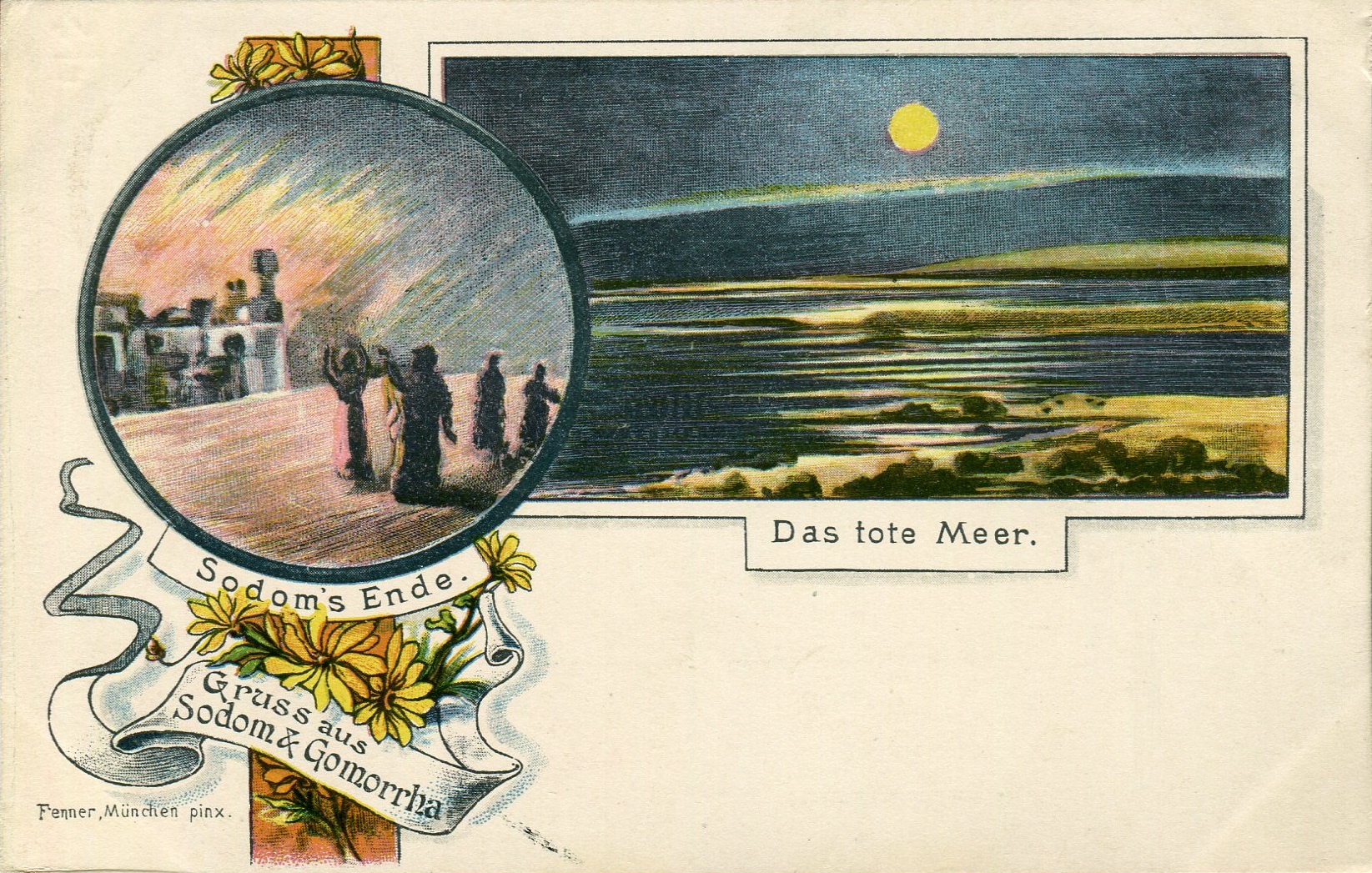
A Fifth Sunday Special – a look at some more odd cards.
4 Comments
Postcard History presented the first Fifth Sunday special in January. It offered you three histories of cards that were unrelated and unusual. Postcard History comes in small doses. Today, we visit the short histories of three more cards that are truly odd. Tell us if you learned something.
-

The Big Five
3 Comments
Music in America. It’s been said that music is the language of the angels. To many that means – music is the “first language” of the world. Beethoven’s Dah, Dah, Dah, Dum is truly universal and sounds the same regardless of your mother tongue.
-
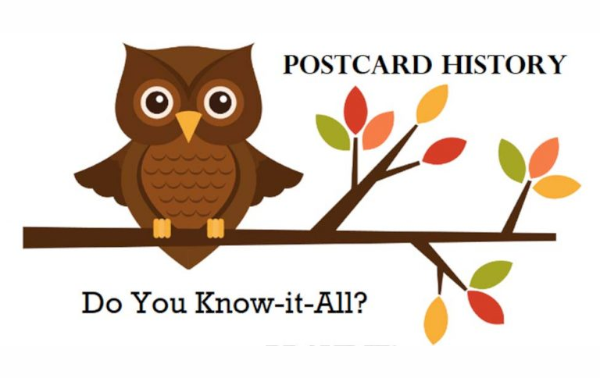
Postcard History Quiz Answers
No Comments
The Postcard History 2021 Quizes (First Half) are now officially closed. Second Half begins on the first Monday in July. Thank you all for your participation!
-
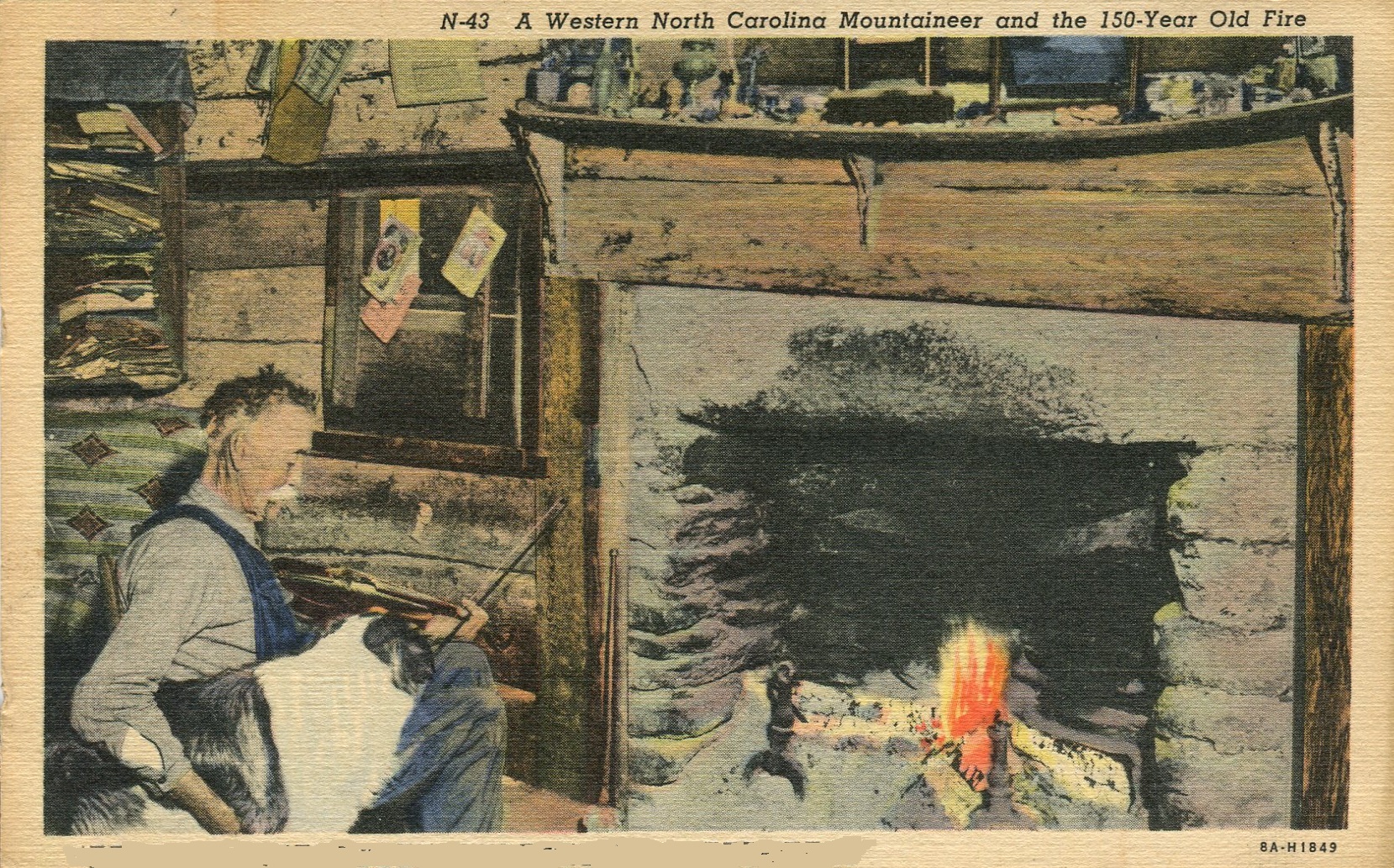
If Mr. Morris was Your Neighbor, you never needed a match
3 Comments
Safe and dependable matches were not commonly available until the second decade of the 20th century. Before that, people who needed fire had to use the flint and steel method of making fire or they had to find a way to “borrow” fire from a neighbor. “Striking a fire” was time-consuming and difficult. “Borrowing” was…
-

Peter Wolf Toth and His Trail of Whispering Giants
8 Comments
Postcard History is pleased to introduce our readers to an artist known as “Chain-saw Man,” but he claims not to use power tools. Wood is a unique artistic medium that requires special skills. Peter Toth has made a special contribution to the art world in honor of some special people.
-
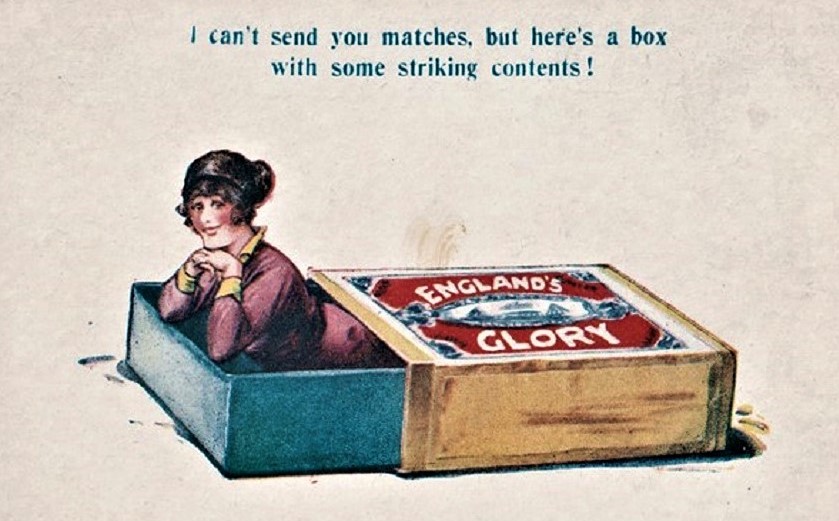
“Matchmaker, Matchmaker, Make me a match.”
5 Comments
The caption on a Bamforth postcard reads, “I can’t send you matches, but here’s a box with some striking contents!” We think the caption talks about matches.
